Equine esteem and horse lovers
Updated: 2015-08-28 07:05
By Yang Feiyue(China Daily)
|
||||||||
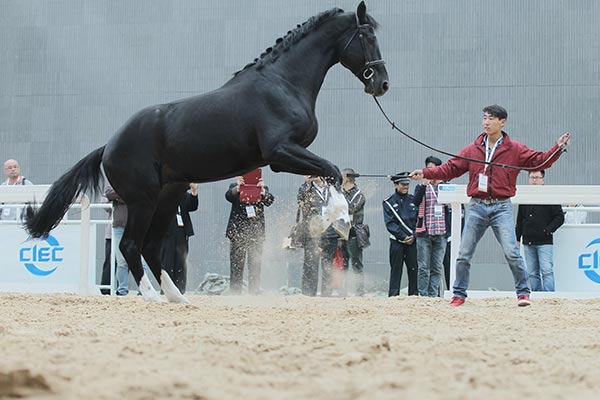 |
|
A trainer controls a horse at the China International Professional Horse Sports and Leisure Industries Exhibition in Beijing last year. [Wang Jing / China Daily] |
Zhi Gang of Beijing embarked on a horse-hunting expedition to France six years ago.
"Pedigree and horsemanship are generally superior overseas," Zhi says.
French horses' stamina normally exceeds that of other countries' horses, he says.
Zhi owns a dozen horses, and two of his imported breeds won first and third places at the International Equestrian Federation's one-star endurance event in Chengde city in Hebei in June.
The event is over 80 kilometers. The one-star FEI-approved international competition covers 80-119 km a day.
Ultimately, buying a winner largely comes down to an educated guess.
"There are no standards to rely on," Zhi says.
"I can only choose based on dealers' advice about the pedigree and previous competition experience."
Si Maming does not worry about endurance but, rather, about agility. Dressage is his focus.
The Beijing resident from Liaoning province's capital, Shenyang, owns eight horses. Three come from Portugal and the rest from China.
"Foreign horses more easily establish relationships with humans," he says.
One of his Portuguese equines appeared onstage during Liaoning TV's Spring Festival Gala last year.
Si divides dressage into modern and classical. He prefers the latter.
"It resembles Chinese tai chi and explores a shared realm between human and horse. Horses should be encouraged, rather than forced, to move so they can best show their extraordinary talents."
Si says interacting with horses has taught him patience.
Horse prices vary greatly.
Chinese breeds cost 10,000-100,000 yuan, while foreign breeds used for Olympic competitions can reach 16 million yuan, Wutzala says.
Another 100,000 yuan must be paid for international transport, tariffs and customs inspections.
The value of untrained horses is a tenth of that of trained ones of the same breed, he says.
Beijing clubs generally charge 3,000-5,000 yuan for maintenance but may charge as little as 2,000 yuan in the suburbs.
China's horseback-riding industry has rapidly developed in the past two years.
"Over a million people a year ride on Hebei's Bashang grassland now," Wutzala says.
"Demand has also given rise to the horse-owning class."
Luan Shu contributed to the story.
Related:
- Hungary scrambles to confront migrant influx
- Turkey to hold snap parliamentary election
- Caroline Kennedy used personal email for official business
- Czech appeals for closing Schengen external border
- DPRK says inter-Korean contact gives lesson to South Korea
- Trial starts for Chinese scholar expelled from Norway
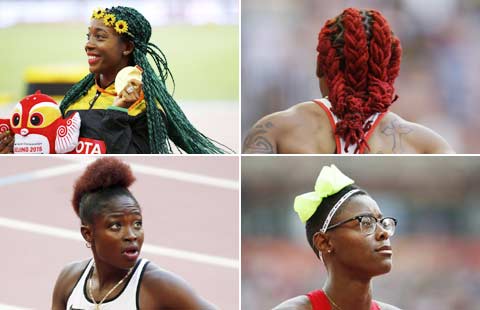
 Hairdos steal the limelight at the Beijing World Championships
Hairdos steal the limelight at the Beijing World Championships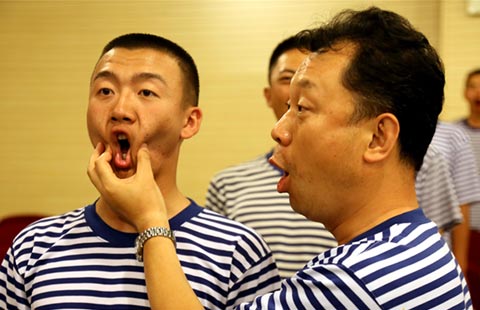
 Chorus of the PLA gears up for Sept 3 parade
Chorus of the PLA gears up for Sept 3 parade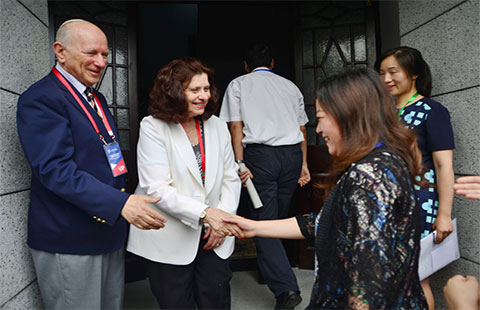
 Iconic Jewish cafe 'White Horse Coffee' reopens for business
Iconic Jewish cafe 'White Horse Coffee' reopens for business
 Beijing int'l book fair opens new page
Beijing int'l book fair opens new page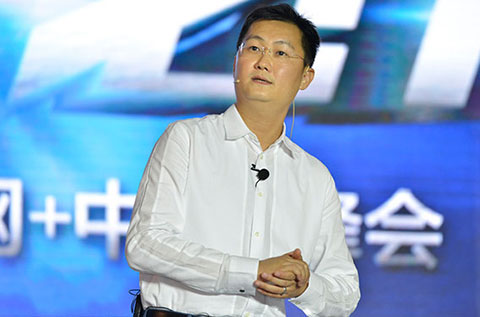
 Top 10 Asia's richest tech billionaires in 2015
Top 10 Asia's richest tech billionaires in 2015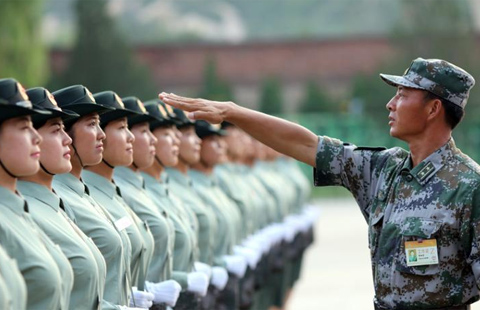
 Female honor guards train for military parade debut
Female honor guards train for military parade debut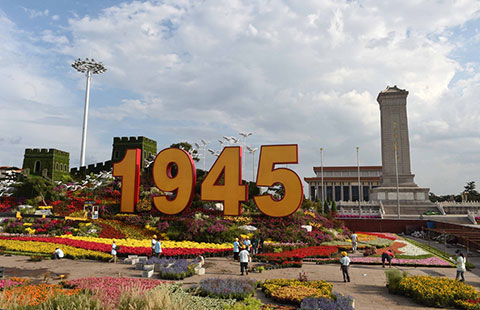
 Floral replica of the Great Wall appears on Tian'anmen Square
Floral replica of the Great Wall appears on Tian'anmen Square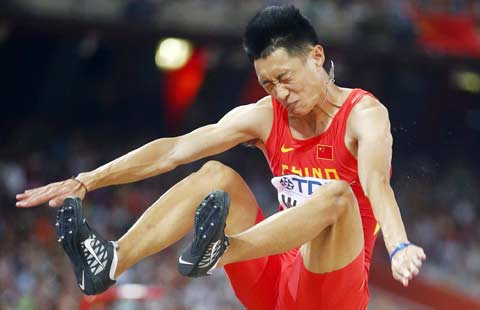
 Chinese long jumpers leap to history
Chinese long jumpers leap to history
Most Viewed
Editor's Picks

|

|

|

|

|

|
Today's Top News
China not the only reason global stock markets are in a tailspin
Market woes expected to delay Fed hike
Gunman had history of workplace issues
11 under probe and 12 detained over Tianjin blasts
War anniversary: Britons born in captivity, raised in freedom
Too hard to say goodbye to Tibet: China's Jane Goodall
Two US TV journalists fatally shot on air
Smaller cub died at National Zoo
US Weekly

|

|






